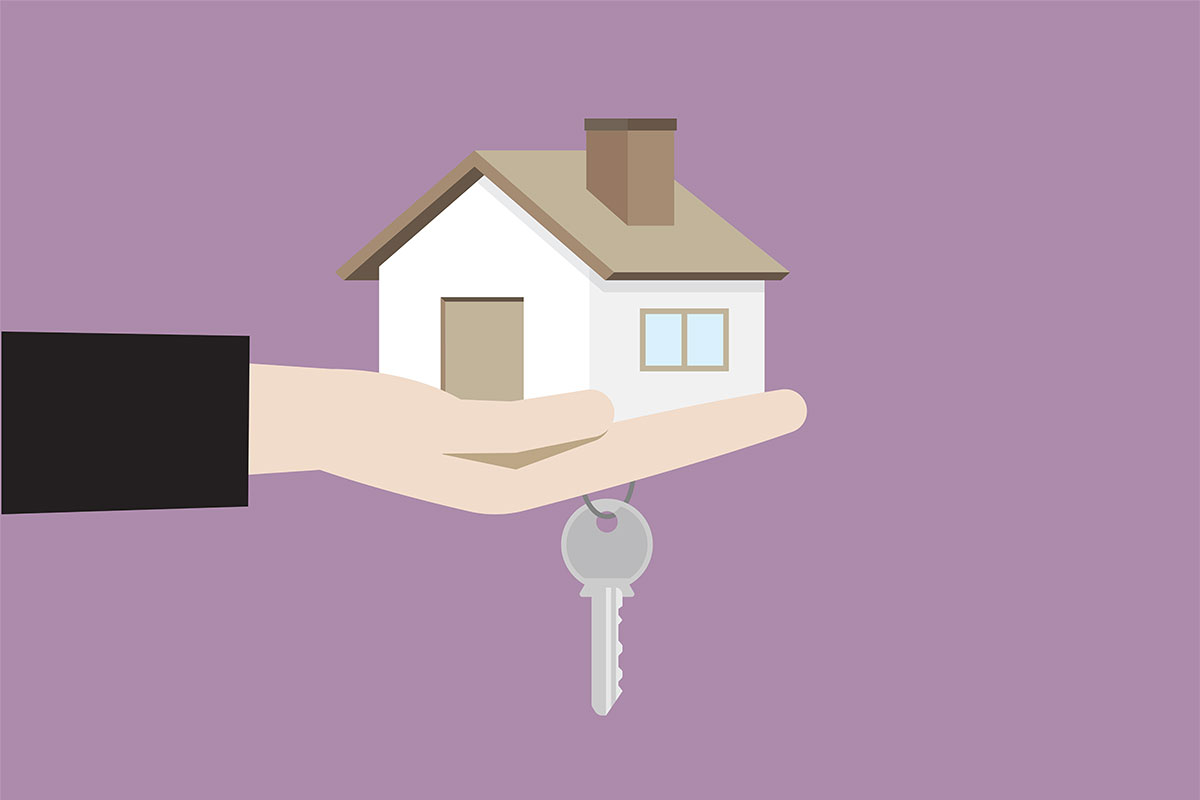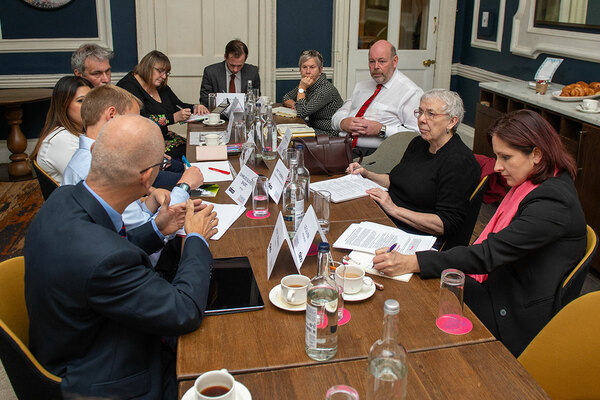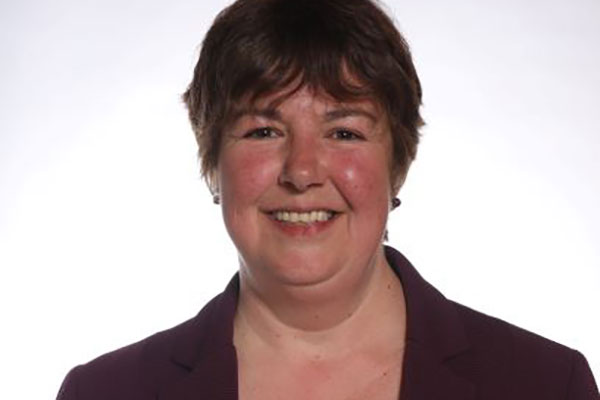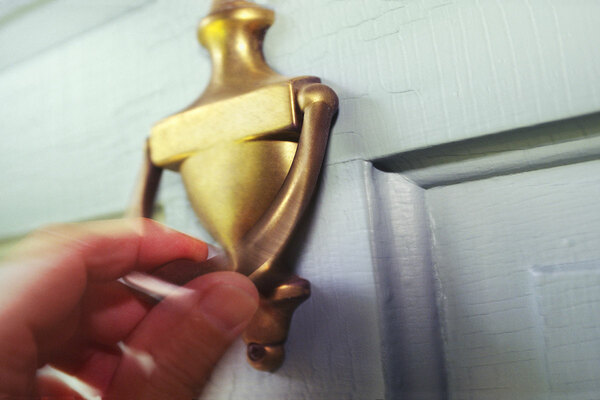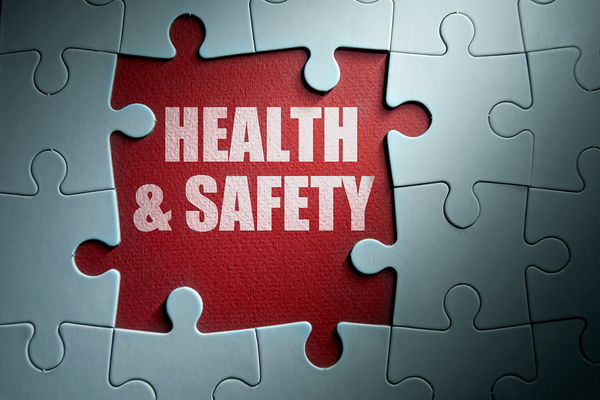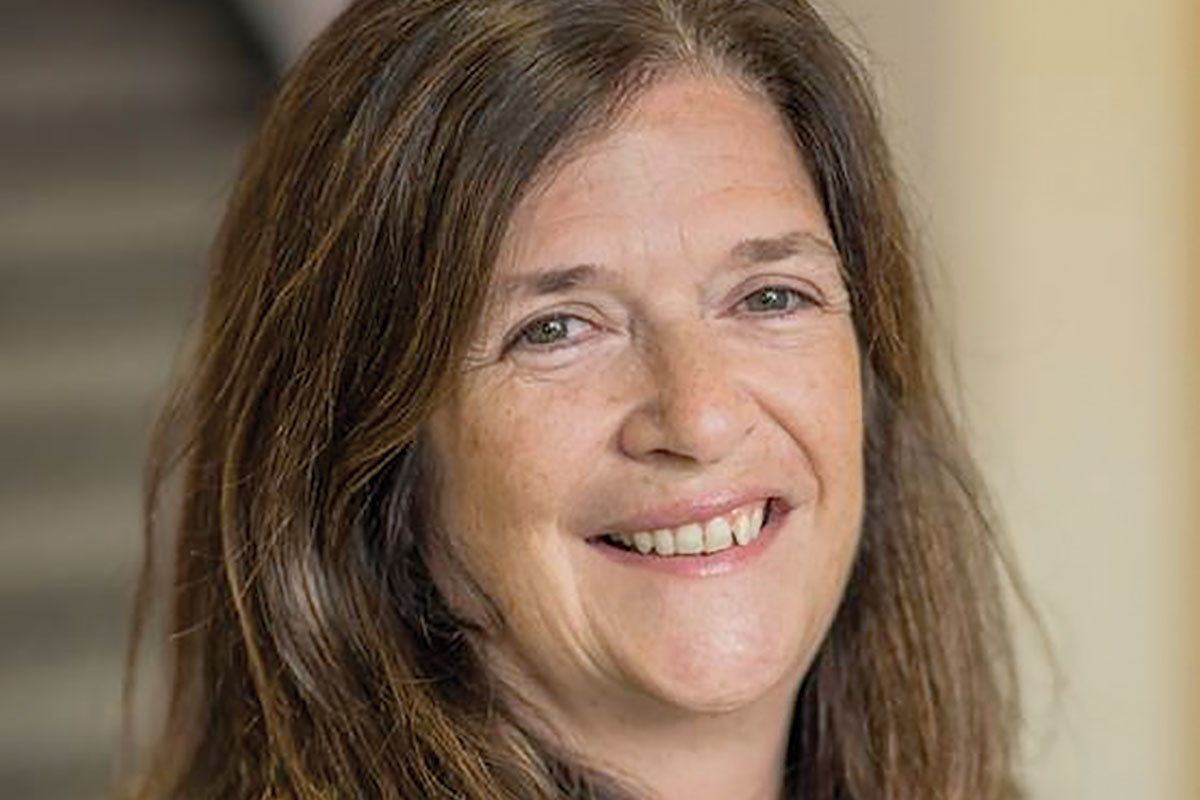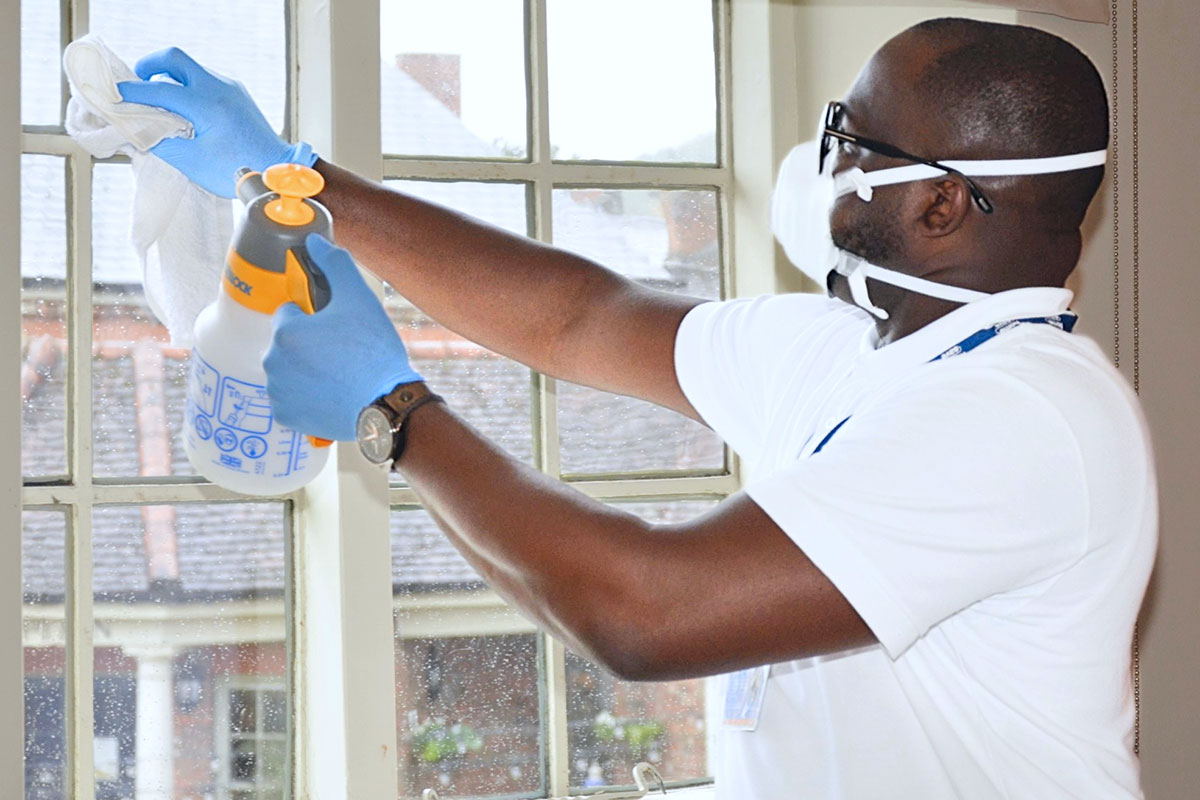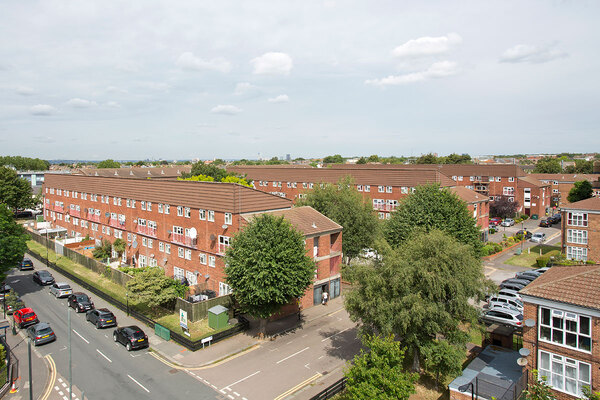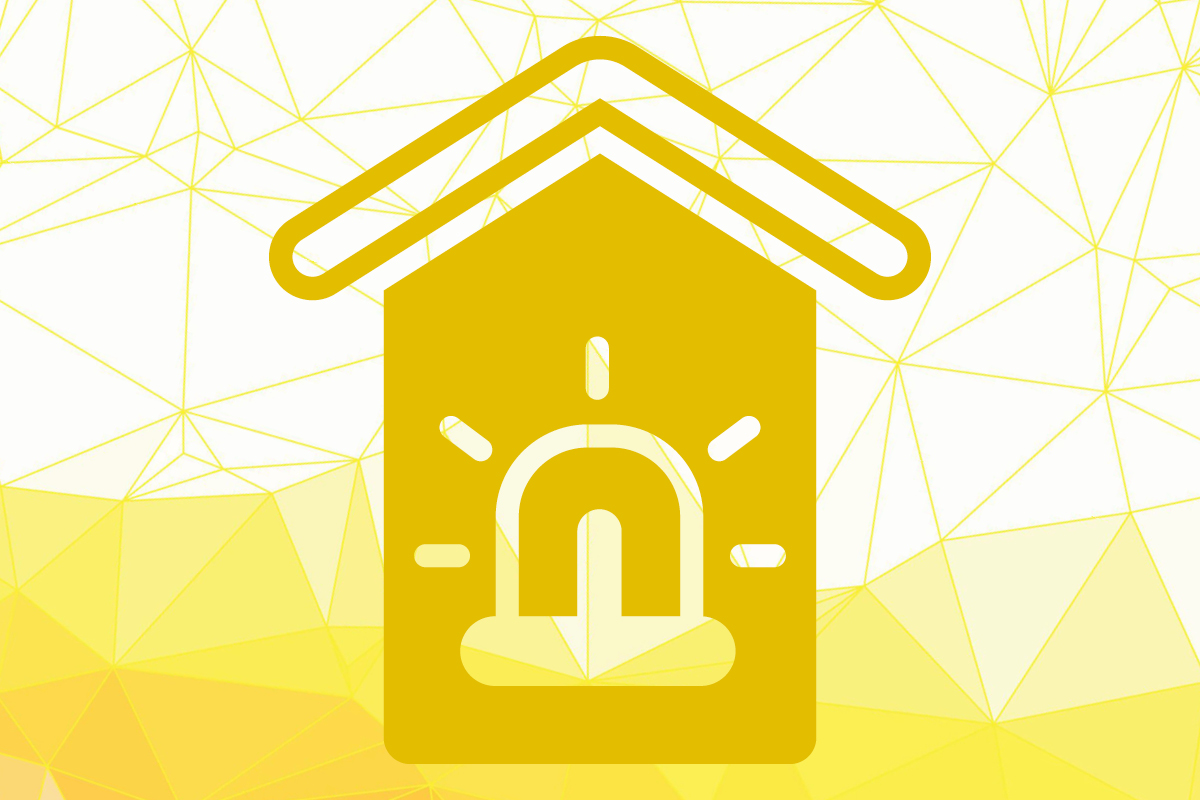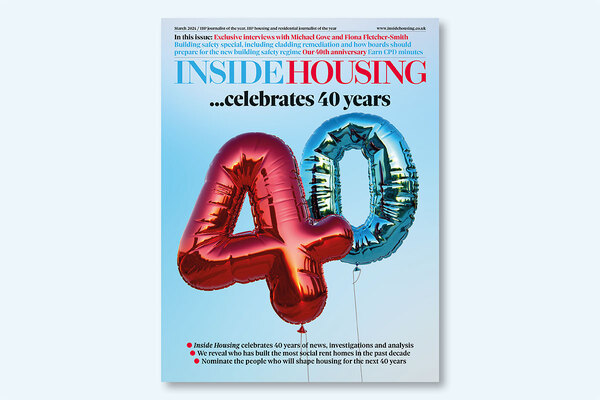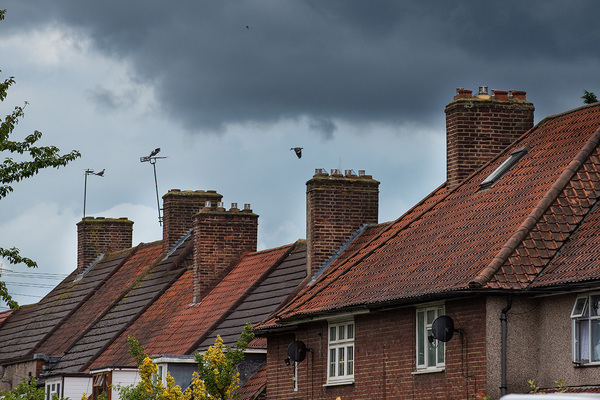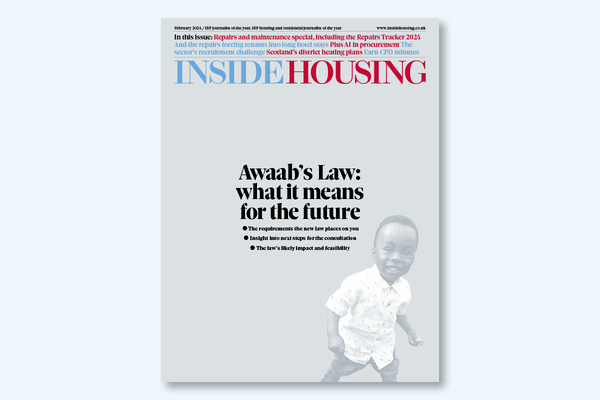How can we make supported living residents feel safe?
Rachael Byrne of Home Group has 25 years’ experience of working in supported living and understanding the different needs of residents. She explains to Inside Housing how her organisation considers the safety of those who need extra care. Illustration by Getty
In association with:

What housing stock does Home Group have?
As one of the largest housing associations in the UK, Home Group supports around 120,000 residents across more than 55,000 properties in England, Scotland and Wales.
Over the past few years we have invested in our supported offer, which includes specialist homes specifically for people with mental health needs or learning disabilities, and adults who require care, including older people and those living with symptoms of dementia.
In the time that you’ve worked at Home Group, how have you seen the social housing sector change?
Without doubt, there has been a need to diversify – funding challenges in local authorities to name but one reason. We continually need to generate new revenue streams; over the past two years at Home Group we have engaged with NHS trusts, expanding the offer of supported housing to meet customer need, whether that’s in the social care or health sector.
We’ve also had a closer look at what ‘home’ means to our residents, and thought more broadly about how, as a housing association, we can influence areas that fall outside the traditional responsibilities of social landlords.
This includes our care offer, where we’ve made huge strides to ensure that our supported housing residents feel engaged, listened to and involved in our decision-making process.
Health in itself represents a significant shift for Home Group, and has seen us invest heavily in highly skilled areas, such as recruiting care workers, occupational therapists and psychologists.
It’s an area in which housing has an important role to play; we’ve already seen how the integration of housing, health and social care can have benefits for public organisations, including the NHS and local authorities.
How do you work with residents to create a safe community for them to live in?
Earlier this year we relaunched our Customer Promise. This followed a three-month consultation with more than 200 of our residents. Perhaps unsurprisingly, providing a safe place to live took precedence.
Following the Grenfell tragedy in 2017, residents told us that they wanted to be more involved with health and safety at Home Group.
Customer assessors – volunteers drawn from across the UK – now regularly visit our services and neighbourhoods to speak with residents and measure our performance. They award gold, silver or bronze to represent how well we’re delivering on promises and recommend improvements.
If a housing area does receive a bronze award, it is referred to our health and safety team and reassessed within 12 months. In the past year, nine services and neighbourhoods were reassessed with each improving their score as safe places to live.
We’re also in the process of evolving how we measure customer satisfaction within our supported services. This now includes conversations when they first move in to a Home Group property.
At this stage, we ask residents how well colleagues have explained what they need to do, for example in the event of a fire, and whether the customer fully understands this. After six months, we ask whether they feel safe in their home.
How does this differ between the groups of residents you house?
With such a broad range of residents, it’s important we don’t take a one-size-fits-all approach. The differing needs of our residents in supported services, especially those with learning disabilities, means we need to adapt our approach to health and safety for each group.
An example involves our learning disability residents being included in the process of creating easy-to-read versions of our documents, such as our fire safety guide and safeguarding policy.
Anthony, one of our customer assessors living in supported housing, has been heavily involved, including speaking at a conference, explaining his story and experiences of having a learning disability to our board members, and even helping us to recruit new staff.
Residents in supported accommodation are also included in our ‘What Happened Here?’ groups, regularly reviewing serious incidents and health and safety complaints. These groups represent another initiative that was requested by residents following Grenfell and, as a result, has led us to introduce further fire safety awareness campaigns.
These have included multi-channel campaigns across digital and print media, including social media and our customer magazine Home Life.
We’ve also used direct mail to address any specific issues we see in the housing sector, such as raising awareness of the importance of fire safety on balconies.
What unique needs do your residents have when it comes to safety?
Our approach to care is person-centred and tailored to an individual’s need. This could be as simple as ensuring grab rails are installed at the correct height, to providing smart technology solutions that help residents feel safer in their homes, such as video doorbells.
One customer that comes to mind lives in one of our learning disability services. Until Home Group intervened, they had been unable to be discharged from hospital because they couldn’t speak.
A simple but effective solution was to provide them with an iPad that says the words they type.
This enabled them to voice any worries or safety concerns and allowed them to enjoy the independence of living in their own home.
On several of our services we have worked with specialist designers to ensure homes are suitable for people with specific needs. This has included designing apartments for people with autism or those with the symptoms of dementia.
We know that small changes, such as using a different type of flooring, wall tiles or colour of paint, can make a massive difference to an individual’s safety and, therefore, their quality of life.
A final element of safety that I’d like to mention is something we are implementing in our mental health services. The residents we support often have extremely acute needs, including the risk of self-harm and suicide, which places a high degree of pressure on support colleagues.
In order to provide consistent and high-quality care that will both keep residents safe and aid their recovery, we must look after those tasked with their support.
We’ve introduced a practice-led role dedicated to this, to help colleagues move on from challenging experiences.
They also represent a safe space for sharing best practice across all our mental health services.
